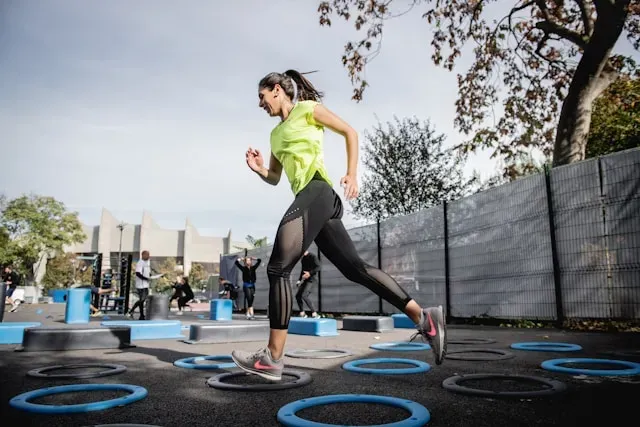
Athletic Therapy
Download a free Carepatron PDF template for athletic therapy to track and manage your therapy sessions efficiently.
Get carepatron free
Commonly asked questions
Athletic therapy aims to prevent, assess, and rehabilitate musculoskeletal injuries related to physical activity. Certified athletic therapists employ a comprehensive approach to promote recovery, enhance performance, and minimize the risk of future injuries.
Kinesiology studies human movement and exercise science, while athletic therapy specializes in preventing, assessing, and rehabilitating musculoskeletal injuries. While kinesiologists focus on broader aspects of movement, athletic therapists have a more specific application in sports-related injury management.
The primary distinction lies in their scope and focus—athletic therapists specialize in musculoskeletal injuries and are often associated with sports medicine. In contrast, physical therapists have a broader scope, addressing various health conditions and functional limitations through rehabilitation interventions.







